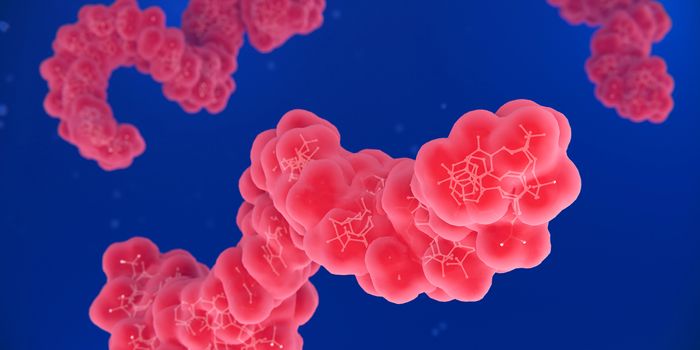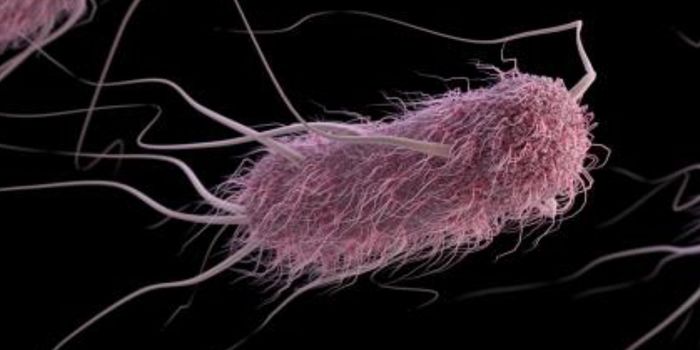Long-Lasting Worms Inspires Anti-Aging Drugs
Researchers have recently discovered that aging in nematodes may be partially controlled and can be therapeutically reversed through multiple FDA-approved drugs. Findings of the research were published in Scientific Reports.

One such nematode, C.elegans, and the most intensively studied animals on Earth had its genome the first sequenced among multicellular organisms. They hold lifespan of 15 to 25 days allowing them to become a convenient model organism for aging studies.
Learn more about C. elegans:
"Our main concern was that aging in an extremely long-living worm might be totally different from that of normal, wild-type nematodes. In that case, the radical extension of lifespan would require complex interventions, and studies of animals with drastically slowed aging would not help us in our search for a truly effective anti-aging therapy," explains Peter Fedichev, the principal investigator of the Gero/Skoltech/MIPT group.
"This study resulted in several practical implications for aging research and the growing longevity industry. Firstly, we demonstrated that aging in nematodes is partially programmed and can be modified therapeutically. This might well hold true for other multicellular organisms, humans included. Secondly, we proposed a new method of searching life-extending compounds. The usual procedure involves laborious screening of large libraries of potential drugs. Unfortunately, even successful hits sometimes get missed by chance or due to non-optimal dosage. Our method allows for a targeted search of the compounds with the required activity, including FDA-approved drugs. The latter compounds have the advantage that they have already passed all the necessary clinical trials and can be used off-label as anti-aging drugs," said Andrei Tarkhov, Gero research scientist and a Ph.D. candidate at Skolkovo Institute of Science and Technology.
Source:








